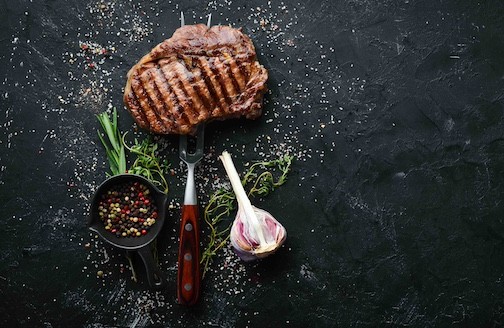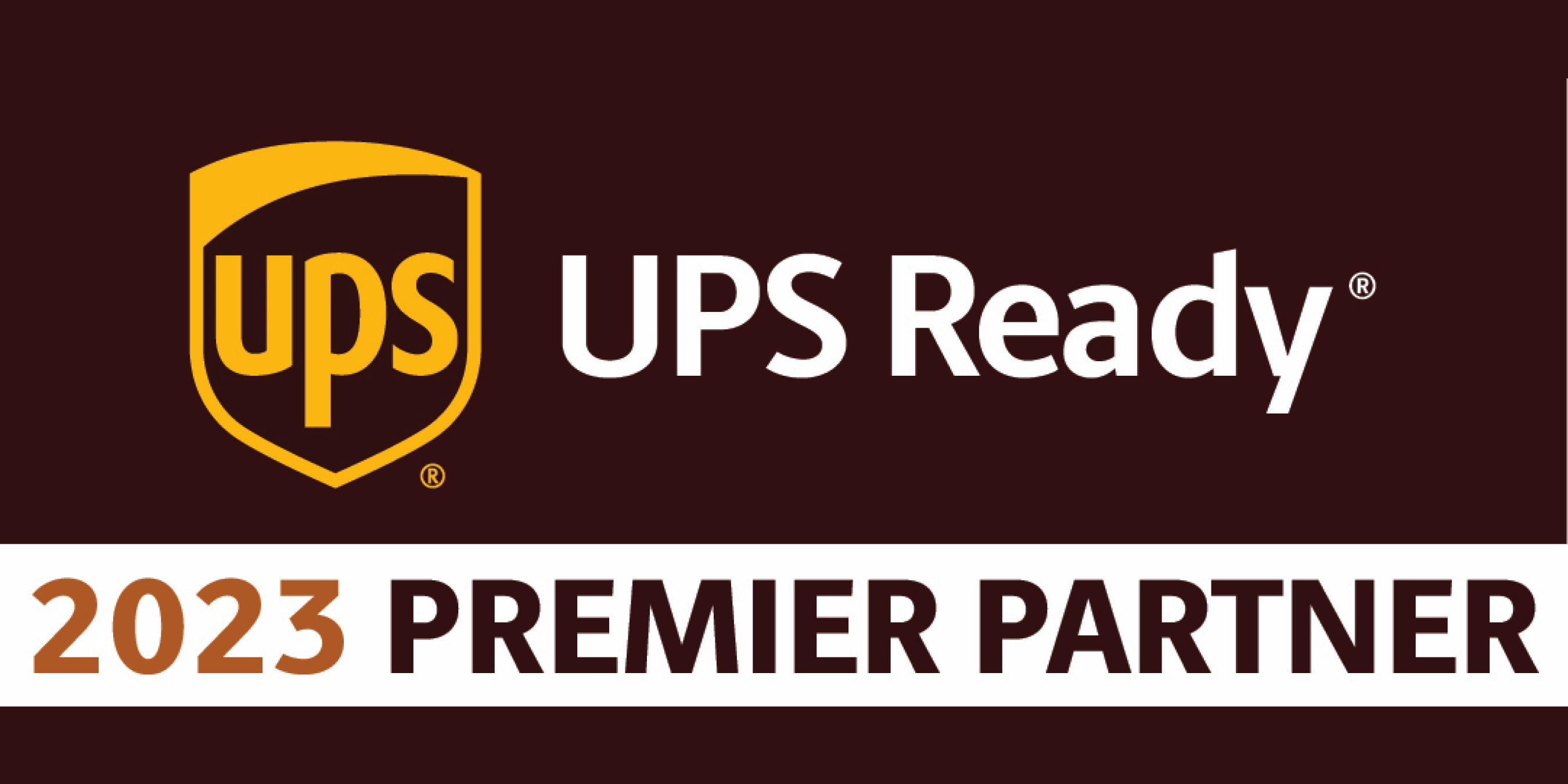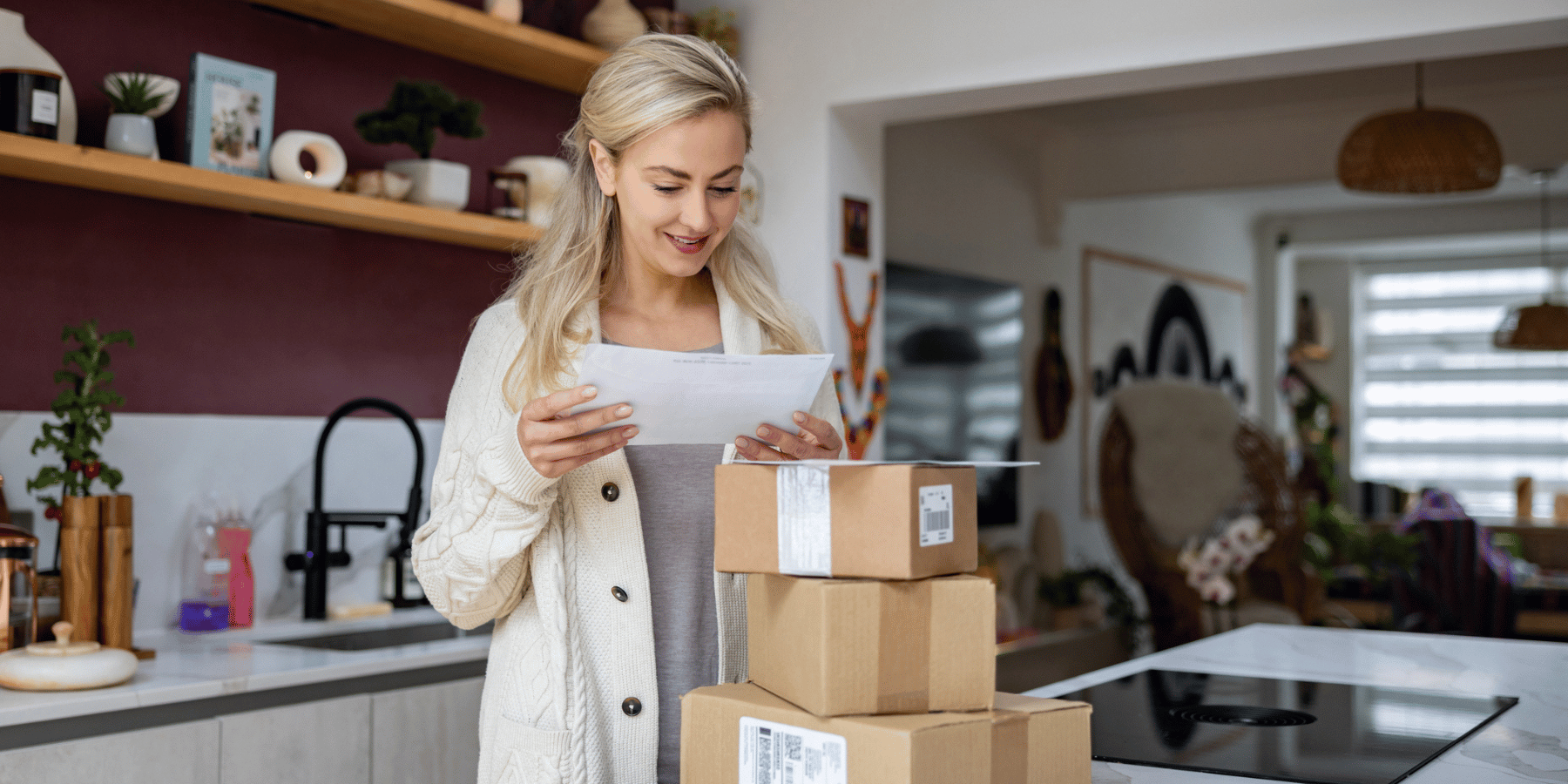This March, UK-based butchery Donald Russell saw dramatic spikes in orders, site traffic and demand. Partnering with its ecommerce agency Screen Pages, the company was able to adapt its operations to meet demand and take advantage of an exciting, unprecedented opportunity.
About Donald Russell: Donald Russell is a 40-year-old, high-end Scottish butchery with a strong ecommerce presence. Known for its steak products, Donald Russell is the UK’s largest online meat purveyor. The company supplies some of the UK’s most known chefs and restaurants, including Michelin Star restaurants and Buckingham Palace.
About Screen Pages: Screen Pages is a full-service UK-based Magento ecommerce agency with 23 years of ecommerce experience. The agency has received numerous industry and platform-specific awards and specializes in integrations, design and UX, and general consultancy.
In June, our COO Quentin Montalto sat down with Jason Stewart of Donald Russell and Sarah Willcocks of Screen Pages. During their roundtable discussion, they chatted about challenges, opportunities, and the chaos and subsequent successes brought on by COVID changes. Today, we’re sharing some highlights from that conversation, to help other merchants and partners understand how to be flexible, agile – and prepared for anything.
Jason, back in March, what changes did you immediately see on your site? Did you know what was coming?
Jason: For our site, we had a degree of warning that change was going to happen. As a very high-quality, direct-to-consumer frozen food business, we anticipated quite a significant surge of interest in our services. However, we didn’t anticipate quite the level of interest we’d actually got. We looked at our analytics and saw a lot of traffic on our website, inquiries over the phone started to accelerate after the parliamentary announcement went out about the lockdown.
Your business model obviously lends itself to the times, but what specifically changed early on?
Jason: One of the days, we saw 1,000% growth over previous years. On a typical day, though, we were seeing about 400-500% more users. Before, price was a primary concern of our shoppers, but now, price is secondary. That continued for weeks and is still going now. It’s that whole new world of eCommerce and the like, and people are adjusting to different products than before.
Turning to you, Sarah, you say that purchasing patterns have shifted with price being less of a blocker. Did your team change anything on the site to achieve this growth?
Sarah: We were able to help them add a “delivery date” section within a user’s account to maintain transparency around delivery. Because a lot of these orders were taking so long, especially at first, some people would forget when their order was set to arrive, so a lot of customers were calling in about delivery dates. Adding that field helped cut down on those calls and was just a good step in general. But, you need to have the right software (and the right partners) in place in order to be able to do that sort of thing, that level of automation or to be that nimble, to be able to administer delivery dates. Otherwise, you will end up inundated with customer service calls.
Jason, what other actions did your team take to roll with the influx?
Jason: Of course, like every other brand, we sent out an email to customers describing our plan to protect staff and stay hygienic. We’ve also had to increase recruitment in order to operate and fulfill all these orders in a reasonable amount of time. Now we’ve been able to reduce that to delivery time back down to a week. Bare in mind, before all this, we could deliver next-day from North of Scotland, all the way to London and beyond that.
How have you kept customers engaged, even when delivery times were stretching into multiple weeks? How did you make sure you knew they weren’t forgotten?
Jason: As a company, we are very honest, both in terms of delivery expectations or where our meat sources. We got straight to the point and told our customers they will have to wait longer. We communicated that “if you’re going to order, make sure you plan ahead.” We encouraged bulk buying, not so much to drive sales, but to help customers stock their freezers and cut down on waste.
Did you make any changes on the back end of your site?
Jason: The good thing about our website is it’s able to deal with this increased traffic, even at its peak. One thing we did at a very high level is upgrade our server infrastructure to cope and were able to bring our average page load time back down to the levels before COVID started. So that’s obviously something we did that had a positive impact.
Sarah: One thing we’re impressed with Donald Russell is that unlike the larger supermarkets, there was always a customer-friendly approach. I shop with other supermarkets and some weren’t allowing some people to place orders on their apps and all sorts of things like that. It always amazes me how smaller merchants can be so agile and adapt quickly to situations like this and have the customer at the forefront of their ethos. And I think Donald Russell did that really well. It’s easier to do this as a smaller company and it’s very much appreciated by their customers.
How else have you remained focused on customers throughout the year?
Jason: Well, another thing we did was dial back some of our marketing so that we could focus on customers, especially the vulnerable ones such as non-ecommerce users. We kept some delivery slots open just for customers who couldn’t get to the supermarket for themselves, such as the elderly. I think that is representative of what Donald Russell is all about – a customer-centric company.
What other businesses or industries are “doing it right,” and did you take any cues from them?
Sarah: One of the things we’ve noticed is that certain merchants, including Donald Russell, have been agile in new ways in absence of offering their normal service. We’ve noticed quite a few travel companies doing that, offering vouchers or memberships to wine and other things like that. It’s all about customer attention and retention. I think often, when you’re in crisis mode just thinking about fulfilling the orders and keeping the business going, it’s easy to forget that. That’s why I praise Donald Russell so much – the emphasis is on the existing customer and making sure they are happy, come back and get excellent service. I think a lot of businesses can learn from that.
Jason: The truth is though, that there’s no real science to it, but a lot of alchemy. You’re never quite sure how it’s going to go. It’s about testing, optimization and making sure your landing page or website is getting a little bit better over time. Because that’s how you’re going to make gains to your overall online experience.
Have you seen any trends between repeat purchasers versus those buying for the first time? Have you seen new customers come back and by again, from March to May?
Jason: It’s a bit early so we don’t know just yet. But one thing we do know is that a lot of new people have come in, so it’s absolutely vital we provide them with quality content that gets them in for that second purchase. The quality of our product is unsurpassed, the reviews we have tell that story, and we need to get these customers to come in and sample the range to become valuable long term customers and not just someone who came in due to the pandemic.
COVID pushed all of us to our limits, but the strain seems to be tapering off. Are you seeing trends from merchants, now that they’ve successfully figured out how to cope with the traffic?
Sarah: There are two main trends for B2C. Traffic on mobile has increased yet again, despite many people being home with access to a personal computer. The other trend is that there is a tendency to focus on customer retention versus acquisition, because the market is flooded with companies who have had entire revenue streams taken away, like trading or in the case of Donald Russell selling to many restaurants around the world.
Jason: Email marketing is definitely something we’re seasoned professionals in. We send tens of millions of emails every year to our customers. It’s not just about selling, it’s also about the retention of existing customers or acquisition of new ones. But once they are in, they know what to do with our products. One thing we’ve noticed from our SEO partner is that people are looking for inspirational content, they want to learn how to cook things, with everyone staying at home. All the recipes on our website are fully SEO-optimized. We also added some new ones, called them out in our marketing.
What changes have you made to your ShipperHQ setup?
Jason: We are opening up more delivery dates, just due to the fact we have so many more people in our fulfillment centers. We’ve also done some new carrier partner deals and are offering 6-day a week delivery.
We previously offered an AM delivery option but with pressures carriers are facing, we can’t guarantee it anymore. this is no longer guaranteed. Even customers that were paying a surcharge for this service, we would prefer to take a hit from this surcharge and say we’ll be able to deliver it sometime that day than disappoint them.
ShipperHQ has been a great tool to help us with that since it has all the rules and everything built into it. Here in Scotland we have a lot of remote areas, like in the Highlands, where it’s difficult for deliveries to get to customers. We have to have very bespoke rules for these people. Of course, we don’t want to offer everyone the same delivery table just to disappoint them. We still want to offer good service, and with the right rules in place, we are able to do that.
What have you implemented recently and what’s next for Donald Russell?
Jason: We’ve started offering upsells at the cart. Essentially, one of our tech partners automatically pulls personalized upsells on that page that we control locally as the merchant. Like if someone adds a Christmas Turkey to their basket, the upsell can show brussel sprouts, pigs in blanket, traditional gravy. It’s a great way to increase AOV. We’ve also added an instant “Add to Basket” button within the category view and search results to make shopping faster and easier.
As far as what’s next, we are looking at upgrading to the next version of Magento, to improve product page loading speeds. We would have had to do this anyway but are working with Screen Pages to do it sooner. Also, we’ve been investigating the likes of Progressive Web Apps (PWAs) and how efficient they can make your site, especially with mobile sales increasing. It’s all about making sure the experience is slick and quick for the end-user.
What do you wish you knew at the beginning of all this?
Jason: From a personal standpoint, I’m fortunate enough to have been working in digital marketing for many years and can work remotely from anywhere. In fact, it’s probably an even more efficient way to work, since I don’t have to look for meeting rooms or figure out the coffee maker. From a business point of view, I wish I’d known when the peaks would be, so we could have planned ahead with our products and staffing. Fulfilling the orders fast enough has been the most difficult part. We could have never planned for this. But the agility we’ve shown to get these orders away has been more competitive than other brands.
What’s next for Screen Pages? And what’s something you wish you’d known?
Sarah: From a business point of view, we had some merchants that were inundated with demand and others who didn’t get so lucky. It would’ve been nice to be forewarned for those merchants in particular so they could be better prepared. From a personal point of view, I wish I’d sent my children to boarding school. Homeschooling is definitely not doable when you’re running a company. As Jason mentioned, working in eCommerce and the digital space, remote working has been very easy. Our productivity levels aren’t suffering in any way. So I do feel bad for businesses that rely on the high street, and I’m worried about that part of our economy.
I think all of this underlines the importance of eCommerce as part of your business. Brands like Primark, who never invested in it, saw something like 650 million to their bottom line wiped off overnight. If you can supply your products online you should always do so to open up to new markets.
Want to learn more about how ShipperHQ can help you moving in challenging days? Sign up for a free 15-day trial today.






